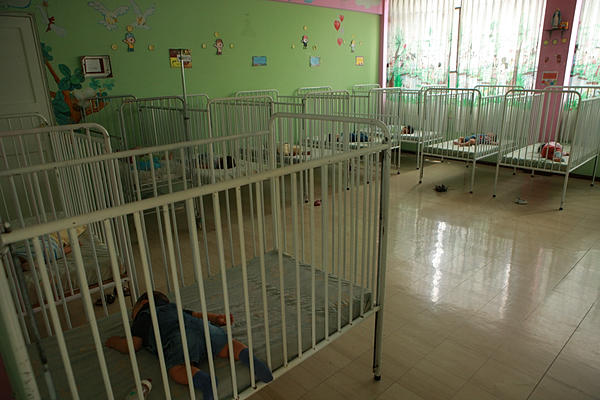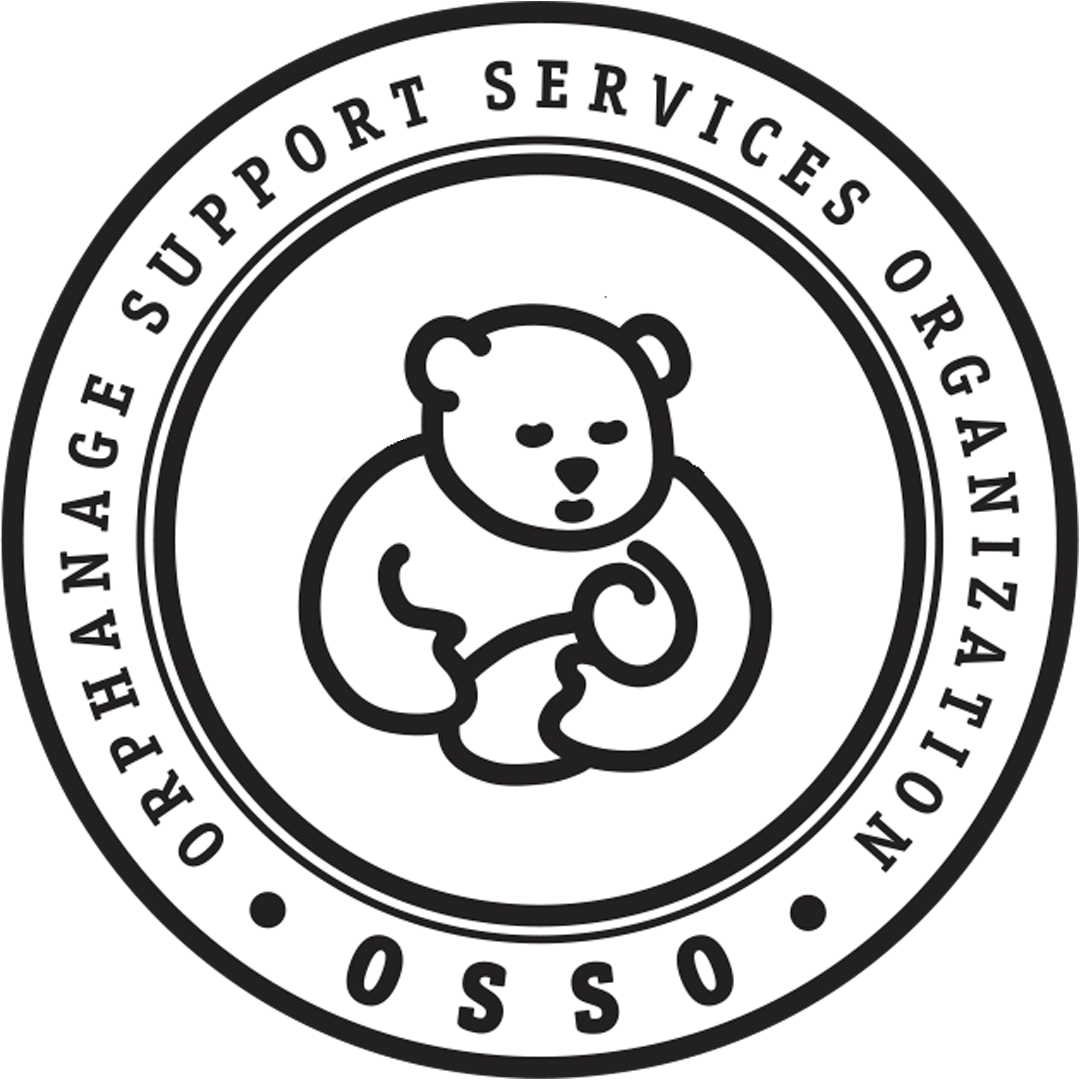The volunteers invited me to go as if they were handing me a free ticket to go to an all-you-can-eat steak house. I had been busy all day meeting with potential donors and orphanage leaders and hadn’t spent much time with the kids today, so I was glad to go.
As I walked into the nursery I remembered the first time I walked into an orphanage nursery: a large room with rows of cribs. Each crib had an infant; many of the babies were awake, and yet the room was as quiet as an empty church. It was an eerie feeling. At the time I thought they must be very happy, satisfied babies, but I was wrong.

When children are born, they have one way to communicate. They cry. If they’re cold they cry; if they’re hungry they cry: wet, bored, scared, in pain, they cry. Most babies quickly learn that when they cry, someone comes to try to figure out why and to fix it. Crying is their way of reaching out to the universe to say, “Is anyone there? Does anyone care? Am I important?” This early interaction–of baby crying then parent/guardian responding–is fundamental. During the beginning of a baby’s life, the centers of the brain that allow children to trust, bond, and love are developing.
In an orphanage infants are the easiest kids to ignore. Ignore the 2-year-olds, and they will seriously hurt or kill themselves. Ignore the 9-year-olds, and they will burn the place down. Ignore the teenagers, and soon you will have more infants.
But ignore the infants, and they just cry and not all that long. The most efficient way of caring for a large number of babies is to ignore their crying and just do everything on a fixed schedule. It sounds cruel, but would you want to keep 25 babies alive or keep 10 from crying? Soon the babies learn it does no good to reach out to the universe and cry. No one will come. As a result, critical social parts of the brain just don’t develop.
When an orphanage finally gets more help, like when OSSO volunteers start helping, there is a difficult transition. The orphanage staff at first thinks the volunteers are making things worse. The “good,” quiet babies start to cry because maybe, just maybe, if there are enough volunteers and they cry, someone will come.
So, tonight, as we were changing diapers, I was very happy to hear some of the babies cry, but I was even happier to see that they didn’t cry long before they were picked up and loved.
-This story was shared by Rex Head, founder of OSSO.
